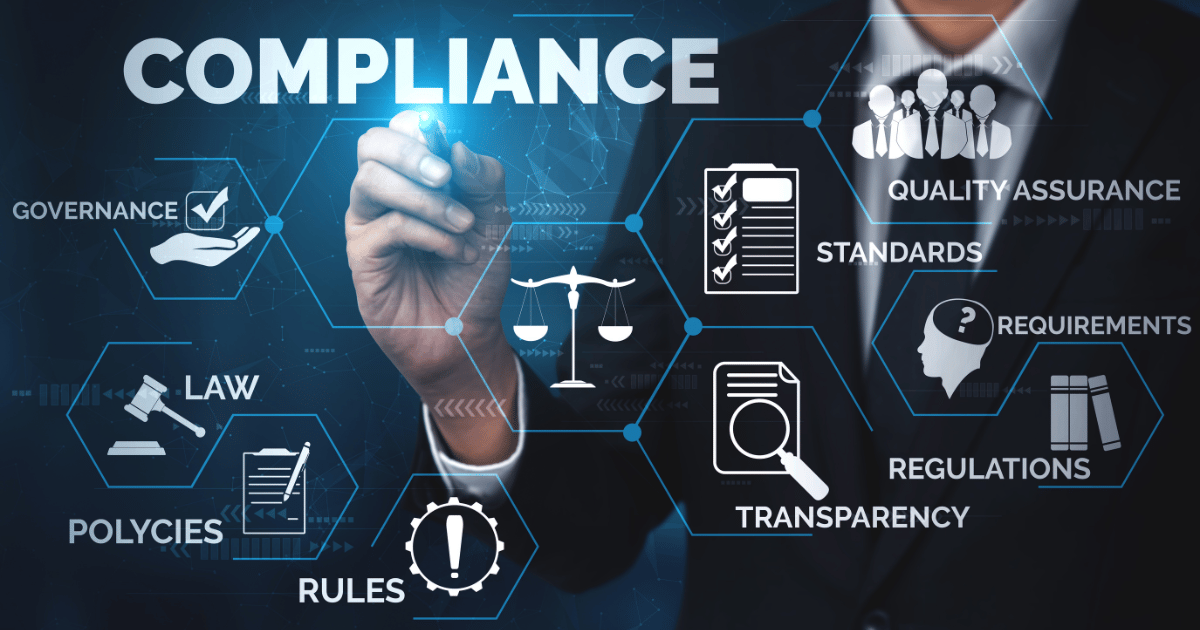
Welcome to today’s newsletter!
The latest news covers:
Generative AI is transforming the way we use data and technology, but it also poses new challenges and opportunities for businesses.
How can we measure the success of AI applications, evaluate the output, deploy them effectively and leverage them for a competitive advantage?
Generative AI is reshaping tech roles. What does this mean?
Companies are struggling to deploy AI applications cost effectively. Deloitte and NVIDIA are helping companies overcome these hurdles.
Python in Excel enables users to perform advanced analytics.
I hope you enjoy this week’s newsletter!
Please subscribe to The AI Collective Word today to receive your free newsletter directly in your inbox and join our ever-growing network.
Share it with a friend or colleague if you find it helpful.
PLATFORM ENGINEERING
Generative AI can change how we work and use technology. It does not always give the same output for the same input. It uses algorithms and data to learn and make decisions, but this also makes it hard to measure its effectiveness. How do we know if AI is thinking right?
Generative AI is a hot skill for technical roles, but it also requires realistic evaluation and human supervision. According to Stack Overflow, most developers are using or planning to use AI tools, but few trust the output. Generative AI could boost productivity by automating tasks like code writing, but it also poses risks and challenges for tech workflows and hiring processes.
Generative AI is a promising technology, but many companies face challenges in deploying it. Cost, data management, security and computing resources are some of the barriers that prevent them from scaling up their AI projects. Deloitte and NVIDIA are partnering to help companies overcome these hurdles and achieve the benefits of AI.
According to a PwC survey, businesses are more optimistic about the economy and plan to invest in new technologies, especially generative AI. The survey found that fewer executives expect a recession in the next six months and that investing in new technologies is the top strategic priority. Generative AI could help businesses gain a competitive edge and improve efficiency, which could benefit IT service providers with expertise in this field.
Python in Excel is a new feature that allows users to write Python code in Excel cells and run it in the cloud. It enables users to perform advanced analytics, such as data visualization, machine learning, and predictive analytics, within Excel. Python in Excel is designed for analysts and works with existing Excel tools, such as formulas, charts, and PivotTables.
IBM taps AI to translate COBOL code to Java - TechCrunch
COBOL is an old but widely used programming language that is hard to update. IBM has created a new tool, Code Assistant for IBM Z, that can convert COBOL code into Java code automatically. This tool uses an AI model that can handle many different languages and aims to make the modernization process easier and faster.
Meta Platforms has launched Code Llama, a free AI tool that can write and debug code based on natural language prompts. The tool is based on Llama 2, an open-source language model that rivals those of OpenAI and Google. Code Llama supports Python, Java and C++ and aims to compete with Microsoft's GitHub Copilot.
REGULATIONS

Created in Canva
The EU's new Digital Services Act (DSA) imposes strict rules on big tech companies, such as Meta, Apple and Google, to protect users from harmful content, privacy violations and unfair practices. The DSA will affect 19 online platforms from Friday and more in the future. The companies could face hefty fines or bans if they fail to comply. Some of them are challenging the law in court.
OpenAI, the creator of ChatGPT, is facing legal and regulatory challenges for its AI models that generate content from copyrighted material. Five book authors, including Sarah Silverman, have sued OpenAI for using their books as training data without permission. The lawsuits question how the AI models work and whether they violate the authors' rights. OpenAI is also under investigation by the FTC and Congress for its AI practices.
AI lawsuits explained: Who's getting sued? - TechTarget
Numerous lawsuits have been filed against AI companies regarding copyright and misuse. This post identifies some of the lawsuits in play against some of the largest tech companies.
The latest information on where various countries stand on their AI regulations.
White House science adviser calls for more safeguards against artificial intelligence risks - apnews
Arati Prabhakar, the science adviser of President Joe Biden, is an expert on artificial intelligence and its implications. She has experience in both government and private sector, and she advises the U.S. on how to protect AI technology. She also discusses the challenges of making AI systems transparent and compares them to other complex phenomena like pharmaceuticals.
RISK AND SECURITY MANAGEMENT

Created in Canva
Generative AI models, such as ChatGPT, can help enterprises with various tasks, but they also pose security risks. Users should be careful not to share sensitive data with these models, as they could leak it to unauthorized parties. Enterprises should also monitor the quality and accuracy of the generated content, as well as the ethical and legal implications of using it.
Securing AI - greylock
Many CISOs and CIOs are interested in AI and foundation models for their IT and security goals. Foundation models are a new platform shift that will enable AI-native software with superior properties. However, enterprises face challenges in data, cost, scalability, and security when deploying these models. Security is especially important as AI is a new and vulnerable area.
Google is working on new security features for Google Workspace, such as AI-based data classification and labeling in Drive and enhanced DLP controls in Gmail. These features aim to support the zero trust model, which assumes no user, device, or component is trusted by default. Google says these features will be available later this year and in early 2024.
ML and NLP
Machine learning is a key technology for today's digital business, as it transforms data into valuable insights and actions. It supports many business processes, from decision-making to service delivery, and it keeps improving over time. The articles identifies the top ML applications in business use today.
ETHICS
10 top resources to build an ethical AI framework - TechTarget
Generative AI is becoming more common in the enterprise, but it also raises ethical AI issues. Some of these issues are bias, transparency, explainability and trust. To address them, various groups are creating ethical AI frameworks, tools and resources. According to Tad Roselund from BCG, an ethical AI framework should consider the technology, its usage, risks and outcomes. It should also include strategy, process, technical controls, cultural norms and governance. These elements can help establish responsible AI policies and initiatives. Moreover, enterprises should educate and guide their AI developers and users to follow ethical AI principles.
USE CASES
This blog post is a follow-up, where Google introduced Wayfair's MLOps vision and how they implemented it using Vertex AI and other tools. They will share how they used these tools and processes to replatform a delivery-time prediction project within the Supply Chain Science team. This project uses machine learning to estimate how long it takes for a product to reach a customer from the supplier. By migrating to Vertex AI, they were able to speed up the development, reduce the maintenance, and improve the reliability of their data ingestion, model training, and model inference.
RESOURCES
AI for Everyone - Coursera
This course teaches you the basics of AI and how to apply it in your organization. You will learn the common terms, the capabilities and limitations, and the ethical and social implications of AI. You will also get hands-on experience with building and managing AI projects. This course is for everyone, especially non-technical people who want to understand and use AI.
Offered by: DeepLearning.ai
Instructor: Andrew Ng
Level: Beginner:
Duration: approx. 10 hours to complete
Thank you for reading! Please send me feedback and share the newsletter with others.
The AI Collective Word is sent every Tuesday and Thursday. Think your friend or colleague should know about us? Forward this newsletter to them. They can also sign up here.


